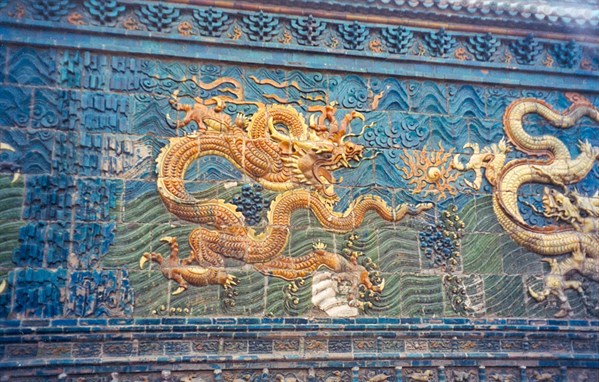China's complicated attitude towards its past appear to be evolving. From a modern geostrategic viewpoint, however, the era of colonial China, above all others, plays a significant role in shaping Beijing's intentions and behaviors on the international stage.
BEIJING—The current wave of restoration of historical sites across China, such as the reconstruction of the 14th-century city walls at Datong, is sometimes seen as evidence of the country's changing attitude towards its past: The destructive tendencies of the Mao years have been replaced by a new curiosity and respect for the Middle Kingdom's long history.
This interpretation, however, fails to capture the full scope of modern China's complex relationship with its historical identity. While traditional Confucian values encourage reverence of "the Ancients," Communist Party propaganda has veered from exhorting its people to make a "great leap forward," to embarking on a "cultural revolution," to now writing a "glorious new chapter of Chinese civilization."
Keep reading for free
Already a subscriber? Log in here .
Get instant access to the rest of this article by creating a free account below. You'll also get access to three articles of your choice each month and our free newsletter:
Subscribe for an All-Access subscription to World Politics Review
- Immediate and instant access to the full searchable library of tens of thousands of articles.
- Daily articles with original analysis, written by leading topic experts, delivered to you every weekday.
- The Daily Review email, with our take on the day’s most important news, the latest WPR analysis, what’s on our radar, and more.

